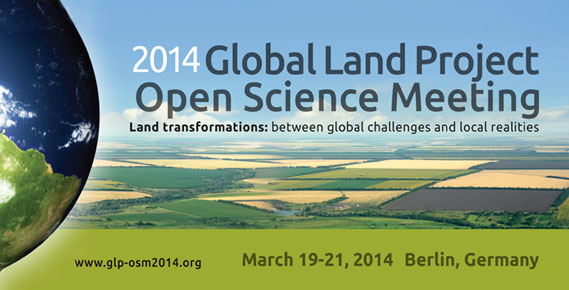Coastal and small island communities in Southeast Asia face daily threats from the impacts of climate change and climate-related hazards. This paper describes and analyses local and indigenous knowledge and practices related to climate-related hazards identified and documented in Indonesia, the Philippines and Timor-Leste. These include observations of changes in the environment and celestial bodies to predict climate-related hazards. Communities use local materials and methods to prevent and/or mitigate such hazards, and adapt to and prepare for them. Rituals and ceremonies are based on traditional or religious beliefs. Together with customary laws that govern behaviour, these rituals engender and reinforce respect for the environment, strengthen social cohesion, and thus help communities to better face and respond to the impacts of climate change and climate-related hazards. After going through a process of documentation, analysis and validation, local and indigenous knowledge can be grouped and categorised, which helps us better understand how such knowledge can be integrated with science. This will then enable communities to develop strategies to cope with climate-related hazards and adapt to climate change. Scientists, practitioners and policy-makers can also harness this knowledge for further research, education, and policy. It is important to promote the transmission of local and indigenous knowledge to increase community resilience.
Book / book chapter


